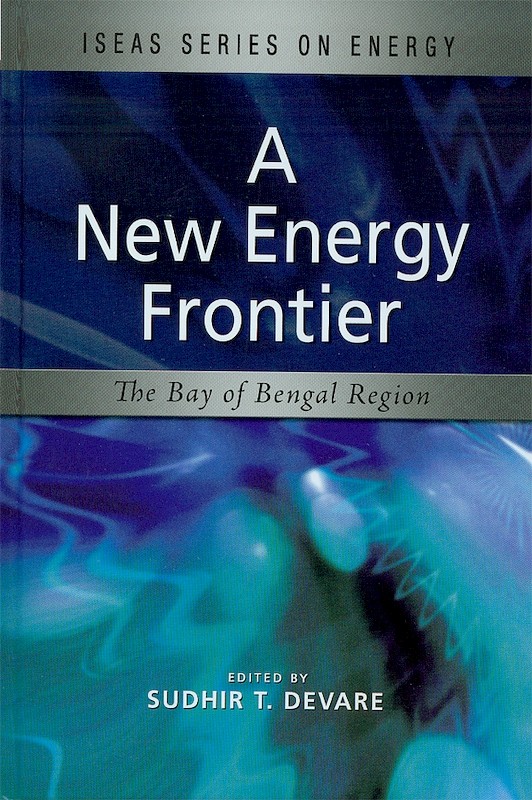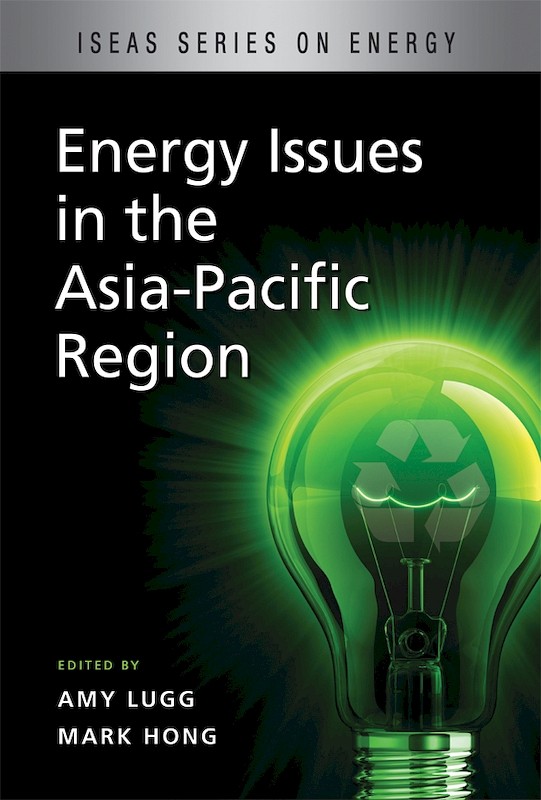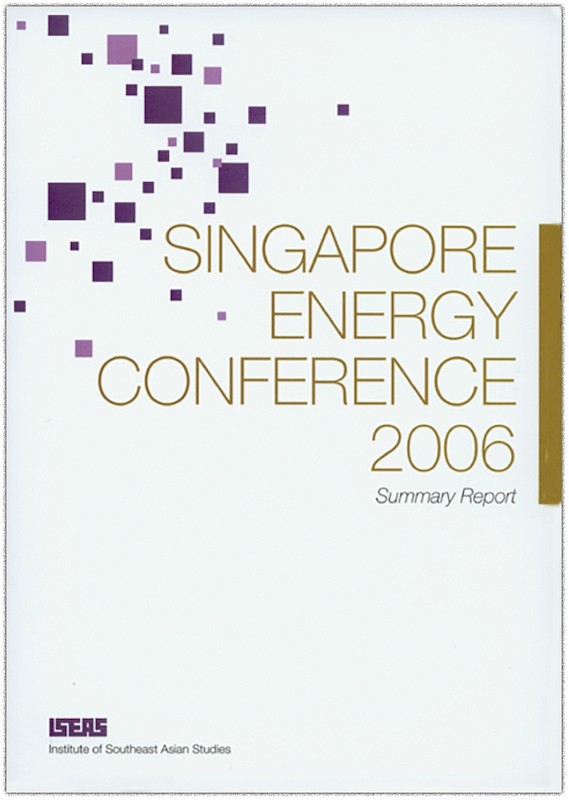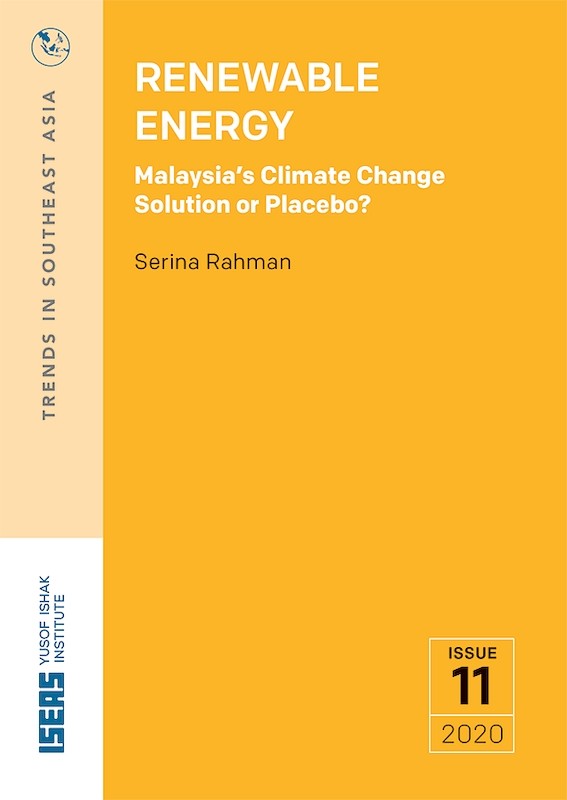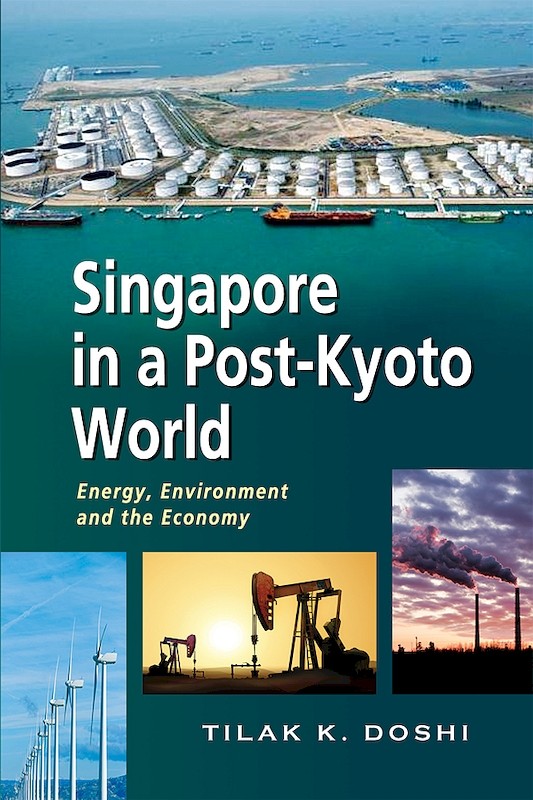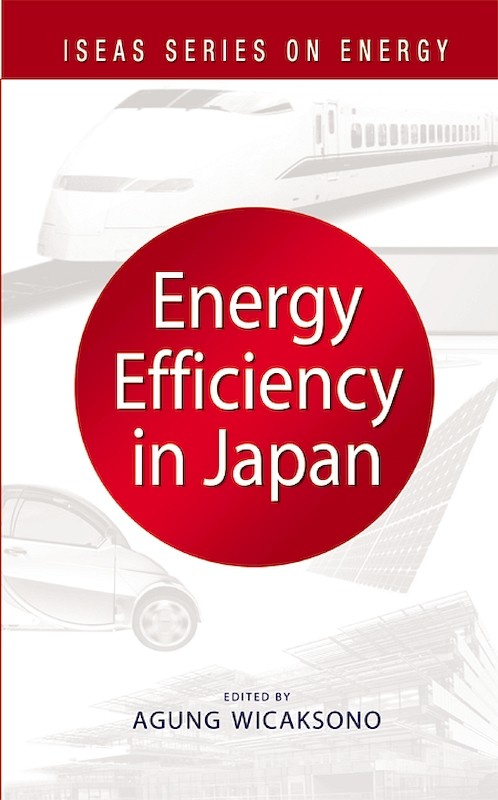Asia's Energy Future: Regional Dynamics and Global Implications
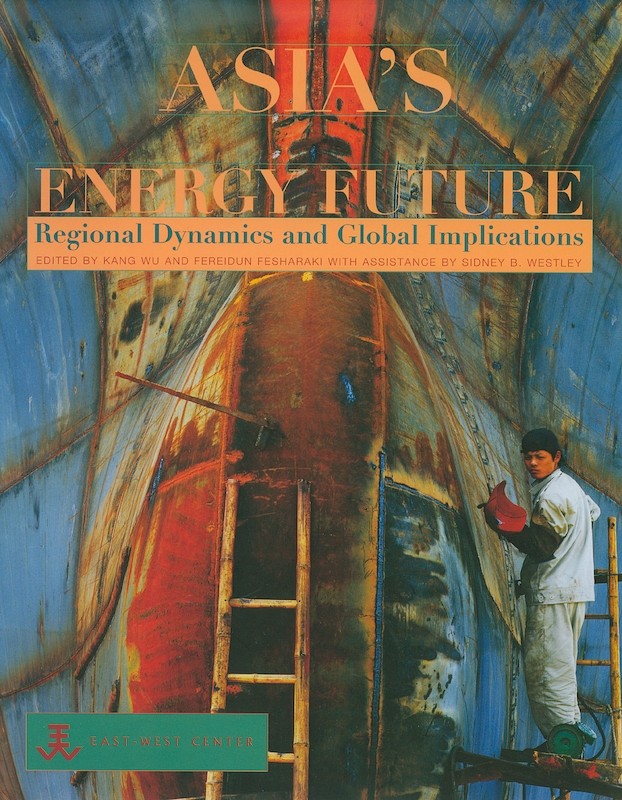
About the publication
Concerns about energy security affect economic performance and political stability all over the world. Yet nowhere is this issue more critical than in Asia and the Pacific.
The United States and Asia have much in common in terms of their basic energy situation. Both regions have substantial coal reserves, but both must import large quantities of oil and natural gas, creating a worrying level of dependency on the volatile Middle East. The United States has an economy and a life style highly dependent upon imported energy, and increasingly, so does Asia. The environmental implications of energy use are also of growing concern in both regions. Both share a common stake in an assured supply of oil and natural gas, in price stability in international energy markets, in efficient and sustainable use of oil and gas products, and in the development of technologies and fuel alternatives that can alleviate energy security and environmental concerns.
This 164-page volume provides Asians and Americans with the factual information they need for clear understanding, informed policy dialogue, and effective cooperation on issues related to energy security. Fereidun Fesharaki and Kang Wu are leading international energy experts based at the East-West Center. They have brought together an outstanding team of Asia-Pacific specialists to describe recent trends and future challenges and to lay out a set of policy recommendations designed to strengthen the region's overall energy security.
All chapters are illustrated with photographs, charts, and tables. In addition, detailed appendix tables provide data on energy reserves, production, consumption, refining capacity, and imports for all major countries of the region from the 1970s through 2005 and projected up to 2015.
Published by the East-West Center. Available exclusively from ISEAS for worldwide distribution.
The United States and Asia have much in common in terms of their basic energy situation. Both regions have substantial coal reserves, but both must import large quantities of oil and natural gas, creating a worrying level of dependency on the volatile Middle East. The United States has an economy and a life style highly dependent upon imported energy, and increasingly, so does Asia. The environmental implications of energy use are also of growing concern in both regions. Both share a common stake in an assured supply of oil and natural gas, in price stability in international energy markets, in efficient and sustainable use of oil and gas products, and in the development of technologies and fuel alternatives that can alleviate energy security and environmental concerns.
This 164-page volume provides Asians and Americans with the factual information they need for clear understanding, informed policy dialogue, and effective cooperation on issues related to energy security. Fereidun Fesharaki and Kang Wu are leading international energy experts based at the East-West Center. They have brought together an outstanding team of Asia-Pacific specialists to describe recent trends and future challenges and to lay out a set of policy recommendations designed to strengthen the region's overall energy security.
All chapters are illustrated with photographs, charts, and tables. In addition, detailed appendix tables provide data on energy reserves, production, consumption, refining capacity, and imports for all major countries of the region from the 1970s through 2005 and projected up to 2015.
Published by the East-West Center. Available exclusively from ISEAS for worldwide distribution.

